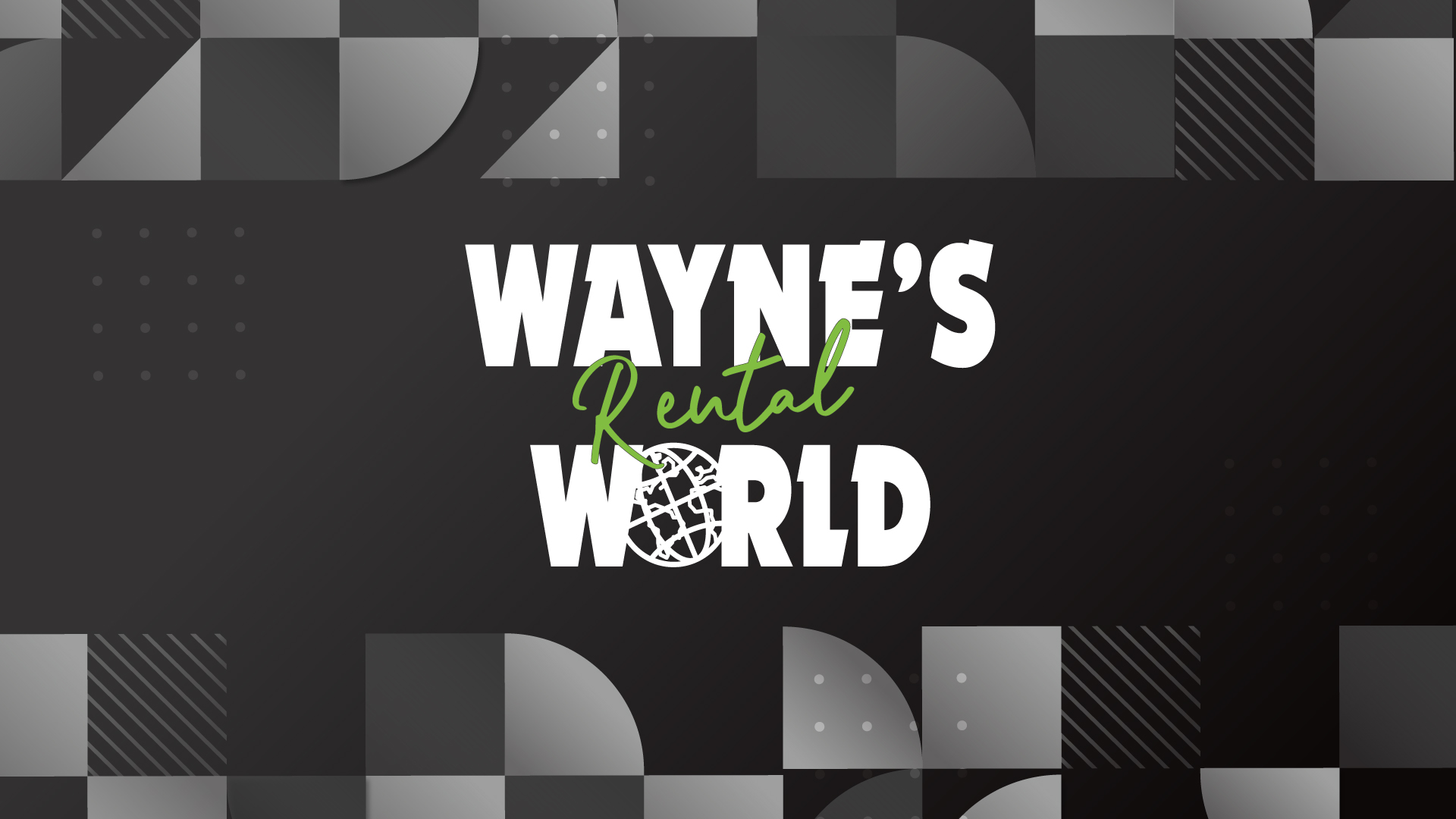Former NASA Astronaut Jim Lovell (played by Tom Hanks in Apollo 13) was a fighter pilot prior to being an astronaut. He was flying a night mission when his plane was damaged, taking his navigation system out. He had no idea where his aircraft carrier was and finding it in the dark in the middle of the ocean was nearly impossible.
Suddenly, his instrument panel lighting went out! As he began to accept his fate, he noticed something in the ocean. A long, luminous line appeared beneath him. The aircraft carrier’s propellers had churned up bioluminescent algae in the ocean, giving him a direct line to the aircraft carrier. He would follow that glow and land his plane on the deck safely.
Because his instrument lights had gone out, he was able to see what was important and save his life.
My Own Epiphany
I recently had my own “focus on the big picture” moment, although perhaps I wasn’t in quite as much danger as Jim was.
On a family vacation to Florida, we decided to go search for crabs at night. I used a headlamp while others used their phone lights as we hunted for crabs. It was neat how the crabs would come up close to the waterline and dig into the sand to wait for an unsuspecting fish. My son-in-law had brought some tongs from the kitchen to grab the crabs.
I scoffed and showed my son-in-law how real men catch crabs. I dug my hand into the sand and pulled out a crab. I’m not quite sure who was more surprised, me or the crab, but I quickly figured out why “crabby” means what it does. Now, I’m not an idiot. I’ve seen the documentary Finding Nemo. If you grab a crab from behind, they can’t do anything to you, right?
Well, apparently, crabs can get those claws anywhere they want. Mr. Crab earned a short flight back to freedom in the ocean by puncturing my thumb, and I decided to let people with tongs do the crab-hunting from then on.
Seeing Things
I walked back toward the house, my headlight illuminating the beach beneath me. As I looked down to avoid any of Mr. Crab’s family and friends who may be interested in severing my toes, I almost tripped over my son, who was sitting in the sand and enjoying the sounds, smells, and views of the ocean.
He had no light; he was just sitting there in the dark. I turned off my headlamp and joined him. Didn’t he know that a giant crab might come out of the ocean? Here he was, completely unable to see it coming.
After a little while, I noticed Mars bright in the sky, along with an amazing number of stars strewn across the night. I also noticed that I could now see the ocean, the sand dunes, and everything around me. Until I turned my headlamp off, my eyes couldn’t dilate to take in the world around me. I’d been missing the bigger picture.
The Big Picture
Later, as I struggled to text on my phone with the bandage around my thumb, I thought about how we can get so focused on the task at hand at work that we miss everything going on around us.
Maybe it’s a problem in a department – we focus on a specific problem, but miss the issues that are happening with the employees that are actually causing the problem. Or we focus on our cash flow without seeing the macroeconomics issues surrounding our town, our product offerings, or our pricing.
So what lights are distracting you? What’s shining in your eyes and preventing you from seeing what’s important? How are you going to turn them off every once in a while so that you can take in the big picture?
Don’t let your vision for yourself or your business get overwhelmed. Find some time to shut off the “lights” sometimes so you can focus on where you’re going.

